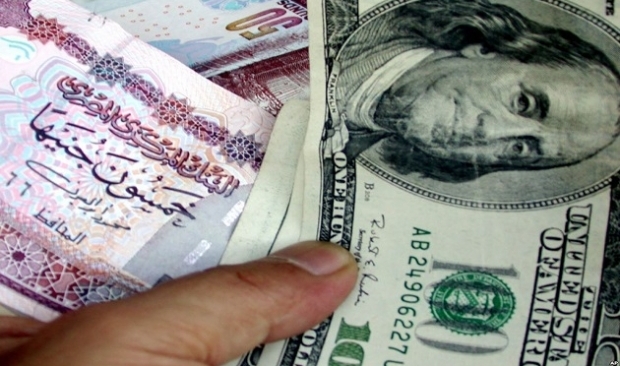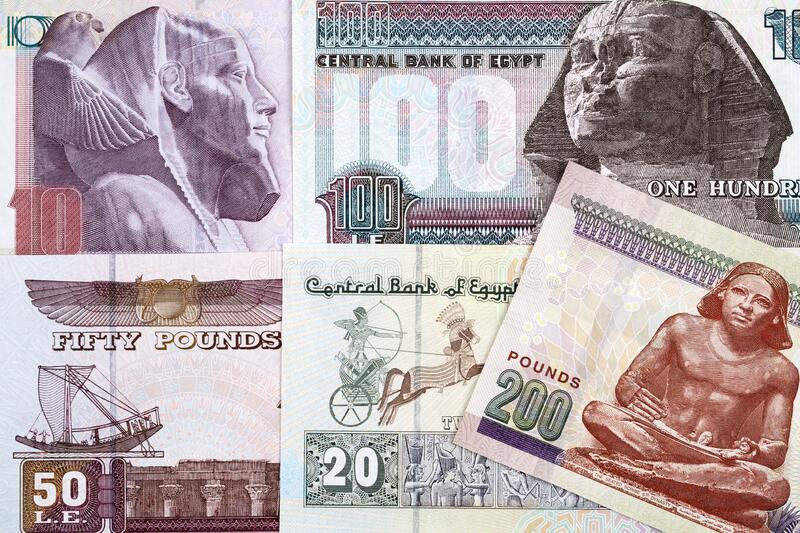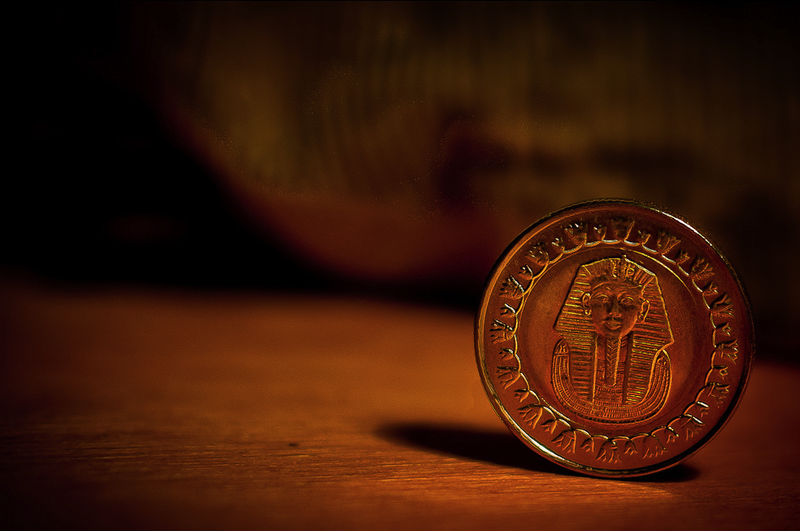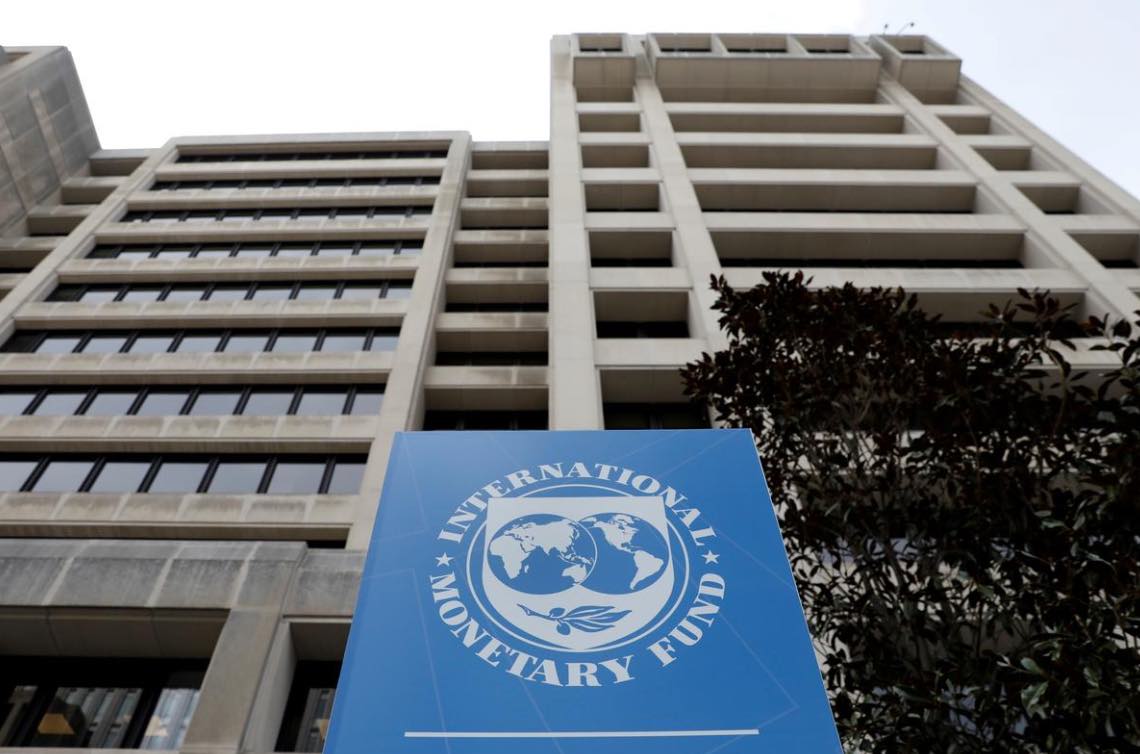The Egyptian Initiative for Personal Rights issued this month a scathing critique of the European Bank for Reconstruction and Development’s vision for economic development in Egypt.
In an analysis of the bank’s technical assessment of Egypt, which was completed in September and only made available to the public in February, EIPR said the European Bank’s praise of external liberalization under former President Hosni Mubarak’s regime and encouragement of further privatization and public-private partnerships ignores the rampant corruption and crony capitalism associated with these processes in Egypt to date.
The “success story” of external liberalization, as EBRD described it, and removal of barriers to foreign investment, “seems hardly to account for mounting poverty and unemployment that set the scene for the revolution in 2011. As a matter of fact, the period between 2004 and 2010 witnessed the largest number of socio-economic protests in Egypt’s modern history. The protests that took the form of strikes, demonstrations and marches were mobilizing against rampant corruption, the ill-distribution of income and the sheer decline in real wages for the vast majority of Egyptians,” EIPR said.
Numerous cases have also been fought and won against privatization undertaken during the Mubarak years, in which public assets (state-owned enterprises, public land and natural resources including fresh water and natural gas) were under-priced and transferred into the hands of a few who were closely tied to the regime.
For this reason, the EBRD’s focus on privatization as a means of job creation, enhancing agribusiness and modernizing the financial sector is criticized. EIPR’s analysis points out that a focus on private sector development alone, which was a key pillar of economic development under Mubarak, especially the 2004 appointed government of technocrats, does not necessarily equate to job creation and poverty alleviation.
“The EBDR’s vision of development through the unconditional support of the private sector becomes a new version of the mythical ‘trickle-down effect’ that simply never takes place. The revolution was the end result of failed development that exacerbated income inequality and excluded the majority from the economy’s high growth rates,” EIPR said.
The bank’s focus on partnerships between government and business in the transport and power sectors, and municipal infrastructure development, is also considered problematic. Ahmed Galal, a former World Bank economist and head of the Cairo-based Economic Research Forum, has spoken about the past economic failure of private-public projects in Egypt, and how the structure of the relationship creates the potential for corruption.
In a February 2012 Reuters article, Galal is quoted as saying: “There is not a common rule for all the projects in one specific sector like electricity, water and roads. This means the market doesn’t function properly.”
The EBRD’s 65-page technical assessment does acknowledge corruption and lack of transparency as key issues that characterized the economic policies of the former regime, and the need for reform going forward.
But EIPR is critical of the fact that the bank does not give any attention to the state’s regulatory role and the “institutional deficit from which Egypt suffers.”
Egypt needs robust state institutions that uphold property rights and regulate the asymmetries of power among market actors, EIPR argues.
“The bank could have tackled that in its political assessment of Egypt’s transition by mentioning the prospective labor rights and the freedom to establish independent unions for instance. Instead, the assessment has solely tackled formalistic and procedural dimensions of democracy,” it said.
The human rights organization also says that public policies, especially as they relate to economic development, can no longer be decided upon by experts from the government and external donors and creditors alone.
“Economic development priorities need to be set by a broad, democratic and well-institutionalized social dialogue through which various and especially the previously marginalized groups can voice their demands and concerns,” it said.
This is especially true in a transition period, which in Egypt, is being run by an unaccountable and corrupt military council. The ruling military junta’s management of the economy has been characterized by a lack of transparency and haphazardness in policymaking.
EIPR said it chose to analyze EBRD’s technical assessment of Egypt because it is one of the few institutions providing an economic vision for the country. International financial institutions are of “extreme importance at this juncture as they seem to be the only actor that has some vision of how economic development is to ensue in the near future. This is indeed the case in light of the absence of a lawfully elected government or president and the lack of any clear socioeconomic stance within the parliamentary majority,” Amr Adly, head of EIPR’s Economic and Social Justice Unit, said.
Because of Egypt’s urgent need for an economic “shot in the arm” in the form of external loans, the institutions are likely to take on a stronger role in the setting of fiscal, monetary and economic policies in Egypt for some years to come, he added.
According to the EBRD technical report, the first phase of the bank’s involvement in Egypt will be confined to using cooperation funds for technical assistance and examining and monitoring the country’s political and economic status. The second stage would include the bank’s engagement with the financing projects on the ground.
Mark Fodor, executive director at the CEE Bankwatch Network, an international non-governmental organization that monitors the activities of international financial institutions, is highly critical of the EBRD’s experience in Europe, especially in his home country of Hungary.
“The notion of transitioning from a centralized to a market economy is about one thing: privatisation. That’s what the bank does,” he said at a workshop in Cairo in December.
The public-private partnerships should take a public service and get a private partner on board to handle that service. From the private end, the interest is profit; while for the public it is supposedly more efficient and cheaper. But for this to work, Fodor said, the party representing the public interest should advocate for what is best for the people of Egypt.
“Does Egypt have this? In Hungary, we have a problem with this,” he said.
Unfortunately, Fodor said the partnerships were nearly always negotiated to benefit the companies, while all the financial risk is taken on by the government, without seeing whether the project could actually be done for cheaper by the public sector.
He added that governments are usually obligated to guarantee a certain minimum return for the company, and if they fail to do so then they are liable.
Fodor was also critical of the bank’s choice of sectors and projects to finance. “During a transitional phase you need economic diversification. Why is the EBRD giving money to oil in Azerbaijan, or coal in Mongolia? This is not diversifying the economy,” he said.
His message to Egyptian civil society actors was to be aware of the types of projects the bank is looking to finance and assess how beneficial this really is to economic development in the country, particularly since he views the bank’s experience in Europe as a failure.
The EBRD is looking to invest 2 billion Euros per year in the South Eastern Mediterranean region with Morocco and Egypt being the main beneficiaries, Fodor said. It has not financed any projects in Egypt yet.
The EBRD was established in response to major changes in the political and economic climate in central and Eastern Europe after the fall of the Berlin Wall in 1989 with a mandate to finance and ease market reforms. The EBRD has 63 shareholders, including European Union member states, the European Investment Bank, and other countries from all over the world, including Egypt (as a minor shareholder).
Other international financial institutions active in Egypt include: the World Bank; the International Finance Corporation, the World Bank’s private sector arm; the African Development Bank; the European Investment Bank; the Islamic Development Bank; the Arab Fund for Economic and Social Development; the OPEC Fund; the Arab Monetary Fund; and Germany’s KfW banking group.




